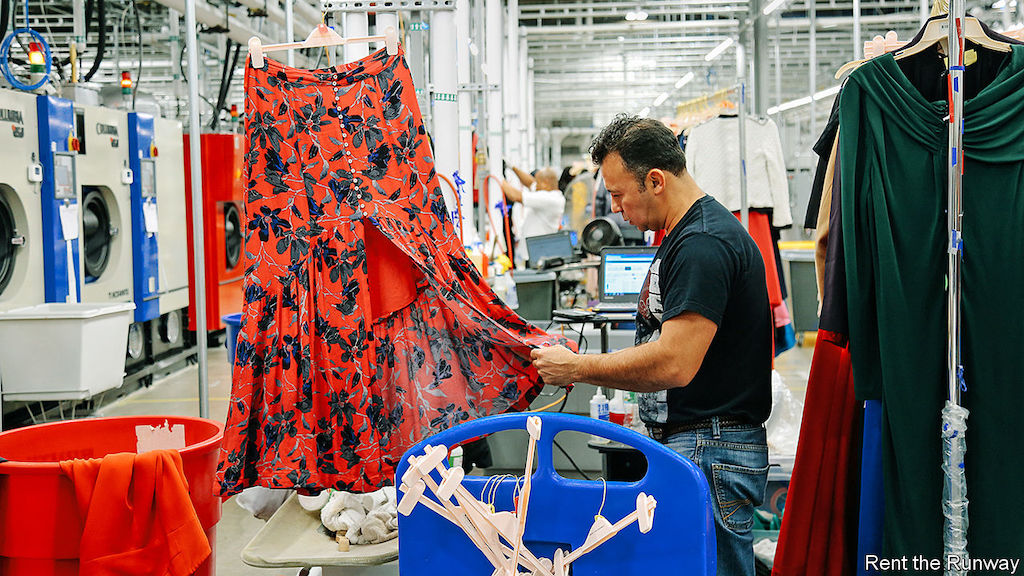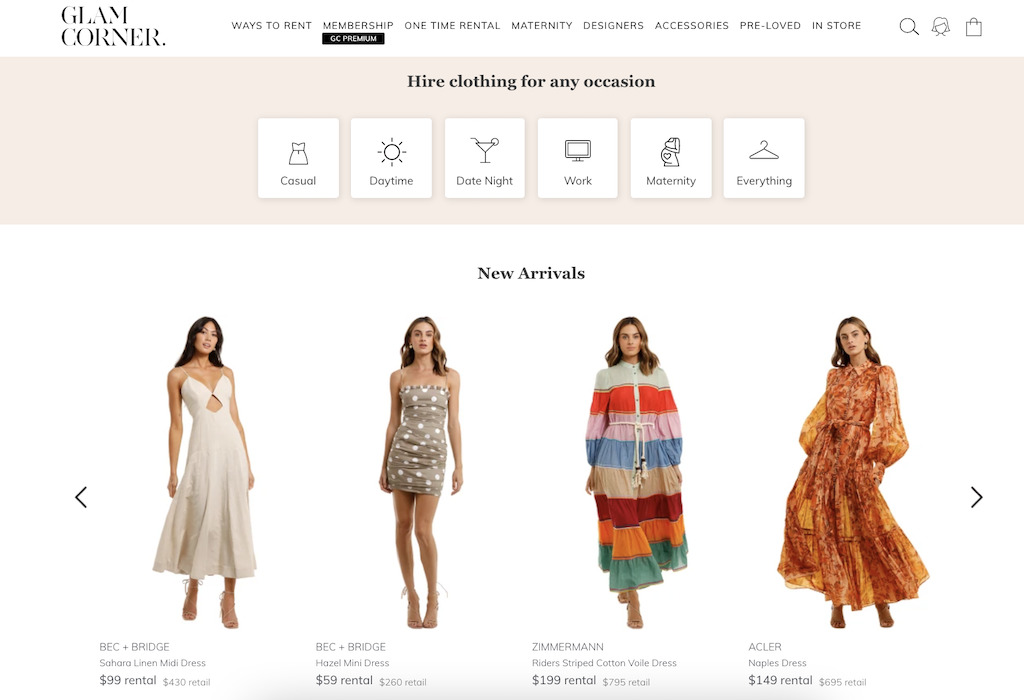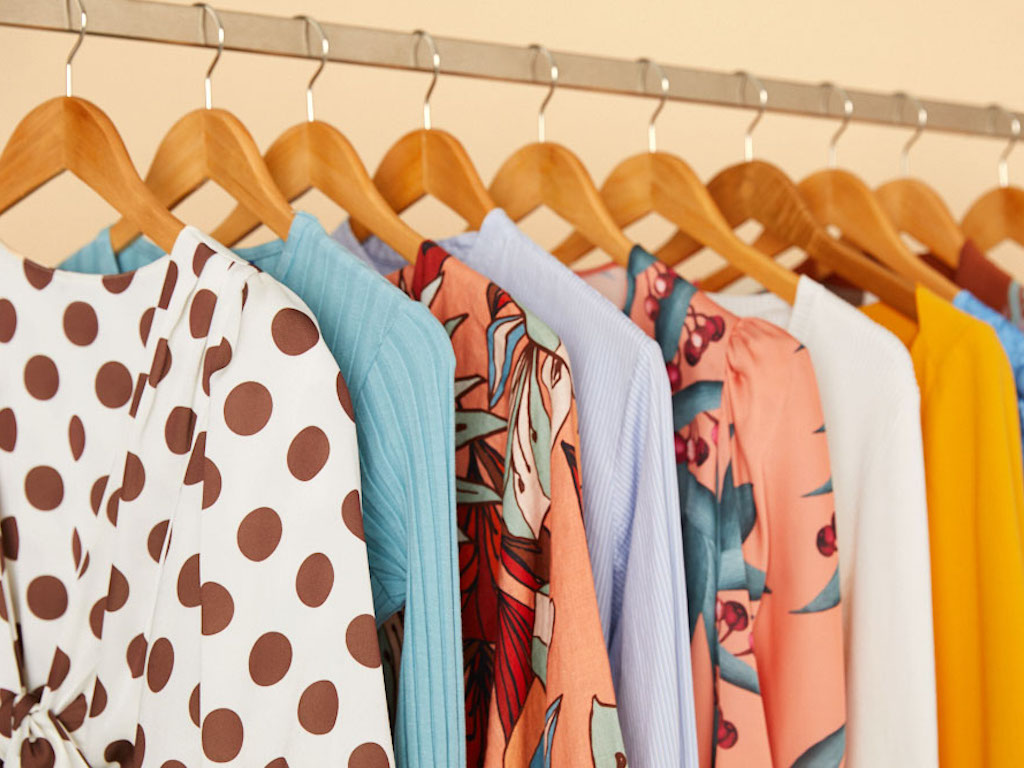Study: Fashion ‘Renting’ Causes More Emissions Than Throwing Clothes Away
3 Mins Read
With conscious consumerism on the rise, fashion lovers have been embracing sustainable fashion solutions to update their wardrobes, like renting instead of buying. But turns out, it’s not quite the eco-friendly solution clothing rental platforms might have you believe. In a new study, researchers find that renting apparel could be more harmful to the planet than throwing them away.
The new study reveals that renting clothes had a higher climate impact than wearing and disposing of them. The research, published in the peer-reviewed journal Environmental Research Letters, examined five different approaches to fashion.
It included renting, resale, recycling, wearing items for longer periods and shorter periods. Under each scenario, the scientists analysed the greenhouse gases emitted.
Carbon footprint of rental fashion
Out of all five ways of textile ownership and end-of-life treatment, rental fared the worst. Much of the hidden carbon footprint of rental came from transport. Renting fashion requires the back-and-forth between warehouses and the renters. There could also be lots of packaging involved, from cardboard boxes to plastic bags.
After each use, clothes have to be dry cleaned and sanitised—an energy-intensive process. Then, there’s the emissions from having to maintain the warehouse itself.

“The use of rental services is likely to increase customers’ mobility, and if that happens on a large scale, then the Share scenario has the highest global warming potential,” wrote the paper’s authors.
Share refers to the “sharing economy” approach to fashion, popularised by rental platforms such as Rent the Runway, Rebag and GlamCorner. Since becoming a trend, many fashion brands have decided to run their own rental services, from Levi’s to Lululemon.
Globally, online rental fashion is expected to grow by more than 10% per year to be worth $1.96 billion by 2023.

Making rental more eco-friendly
But the researchers were clear that people shouldn’t write off rental altogether. Certain changes led by rental companies could help reduce the sector’s emissions.
For example, transport emissions could be slashed if they began using bikes and electric vehicles instead of fossil fuel-based cars. Or if warehouses leased items to people who lived nearby, instead of consumers located far away.
Renting could also be more carbon-friendly if items were leased out to more people over time.
“In sum, it can be said that if uses can be doubled and delivery can be arranged…then the Share scenario can reach approximately the same level of GWP as the Reuse scenario,” said the authors.

Read: These 4 books will help you rethink your relationship with stuff
Buy less and buy better
So what is the best approach to fashion? Turns out, the rule is simple: buy less and buy better.
“While innovative solutions can improve sustainability in certain value chain positions, they can also maintain significant rebound effects,” they explained. “Currently, reduction of the total amount of products in the circuit is the most efficient way to steer the sector toward more sustainable practices.”
“Reduce and reuse strategies are the most practical for achieving such goals,” the authors concluded.
That means focusing on purchasing fewer items, wearing the things we have for as long as possible and finally, reselling or donating them.
Lead image courtesy of Rent The Runway.




